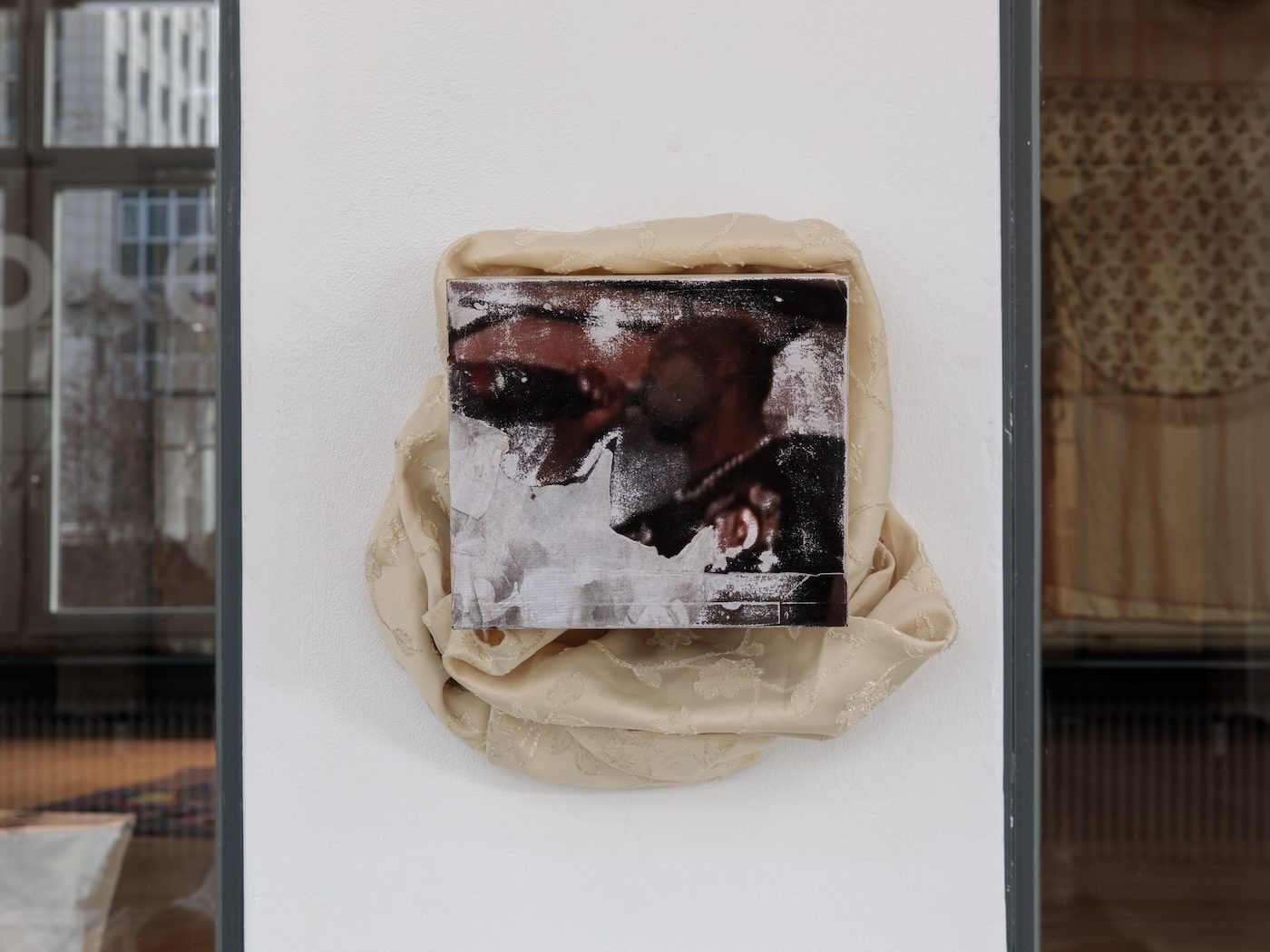Shortlist announced for Artes Mundi 9
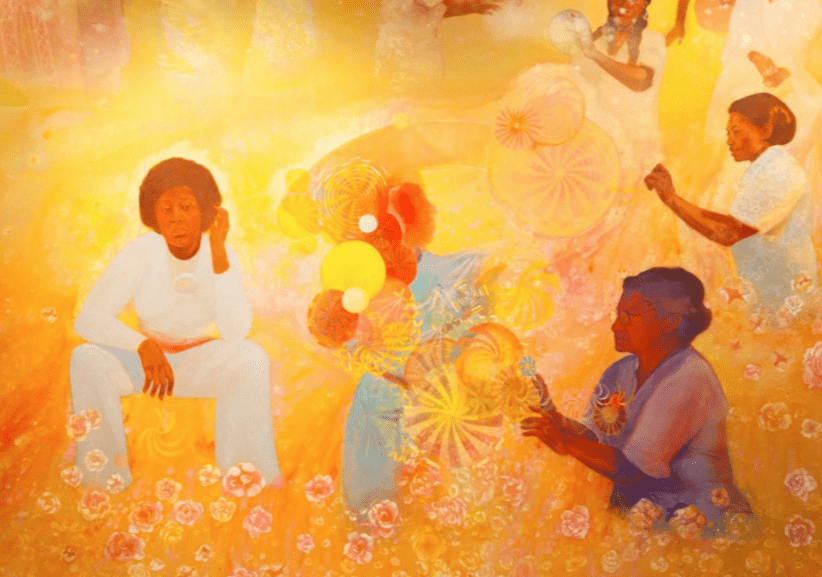
27 September 2019
Magazine C& Magazine
4 min de lecture
From over 500 nominations the UK's biggest contemporary art prize selected six artists for their 9th edition. Among them are Carrie Mae Weems, Dineo Seshee Bopape, Beatriz Santiago Muñoz and Firelei Báez.
Following the success of Artes Mundi 8 Prize awarded to Apichatpong Weerasethakul earlier this year, Artes Mundi is pleased to announce the shortlist of six artists for the ninth edition of the biennial prize. The nominees for the £40,000 prize are the Dominican artist Firelei Báez, the South African artist Dineo Seshee Bopape, the Japanese artist Meiro Koizumi, the Puerto Rican artist Beatriz Santiago Muñoz, the Indian artist Prabhakar Pachpute and the US artist Carrie Mae Weems.
The shortlist was selected from over 500 nominations spanning over 60 countries and comprises of world’s most celebrated contemporary artist.
Artes Mundi’s new director, Nigel Prince, says that this year the prize had sought out artists responsible for “compelling and distinctive bodies of work”. He says to press, “In prompting us to critically reflect on what it means to exist in this world in all its complexity, their practices speak to and engage with some of the most urgent issues of our time.”
The Artes Mundi 9 jury is Cosmin Costinas, Executive Director and Curator of Para Site, Hong Kong and Artistic Director of Kathmandu Triennale 2020;Elvira Dyangani-Ose, Director of The Showroom gallery in London; and Rachel Kent, Chief Curator at Museum of Contemporary Art, Sydney, Australia.
The winner of the prestigious 40,000 GBP Cardiff-based Artes Mundi Prize will be announced in January 2021 during a four-month exhibition from October 2020 to February 2021 at National Museum Cardiff.
The visually striking work of Firelei Báez focuses on wide ranging Diaspora narratives, addressing questions surrounding issues such as migration, women’s identity and future potentials. Her work challenges culturally predetermined ethnic stereotypes and, often featuring strong female protagonists, her exuberantly colourful paintings combine symbolic cues that span from lavish textiles and wall coverings with colonial-era floral motifs to calligraphic patterns, hair textures, feathered headdresses and beaded jewellery. In 2017 she was shortlisted for Pinchuk Art Foundation’s Future Generation Art Prize, exhibited at the 57th Venice Biennale and in 2019 she was granted Soros Arts Fellowship.
Dineo Seshee Bopape’s expansive practice tackles subjects of gender, politics, race, psychology and sexuality addressed through personal and collective memories. She uses a diverse range of commonplace materials such as soil, bricks, timber, with archival images and sound, as well as natural and technological systems, to develop powerful large-scale installations that draw together the celestial and the earthly, the bodily and the metaphysical. Bopape’s work has been shown internationally at some of the most prestigious biennales around the world, including 12th Biennale de Lyon and 10th Berlin Biennale in 2018.
Beatriz Santiago Muñoz is best known for films rooted in long periods of observation and research exploring the social and political conditions of her native Puerto Rico and the Caribbean. Her cultural heritage plays a crucial role in her practice which focuses on the redevelopment and gentrification of the Puerto Rican landscape, and its impact on local communities. Santiago Muñoz was awarded the Creative Capital Visual Art Award (2015) and the Louis Comfort Tiffany Foundation Award (2017).
Carrie Mae Weems is one of the most influential American artists of the 21st century with her award-winning practice investigating family relationships, cultural identity, sexism, class, political systems, and the consequences of power for over thirty years. Through her work, she puts the spotlight on the complex, multidimensional American black experience and questions the internalized racism of her home country. Her complex and multi-award winning body of work employs photographs, text, fabric, audio, digital images, installation, and video. In 2013 Weems received the MacArthur “Genius” grant as well as the Congressional Black Caucus Foundation’s Lifetime Achievement Award.
Plus d'articles de
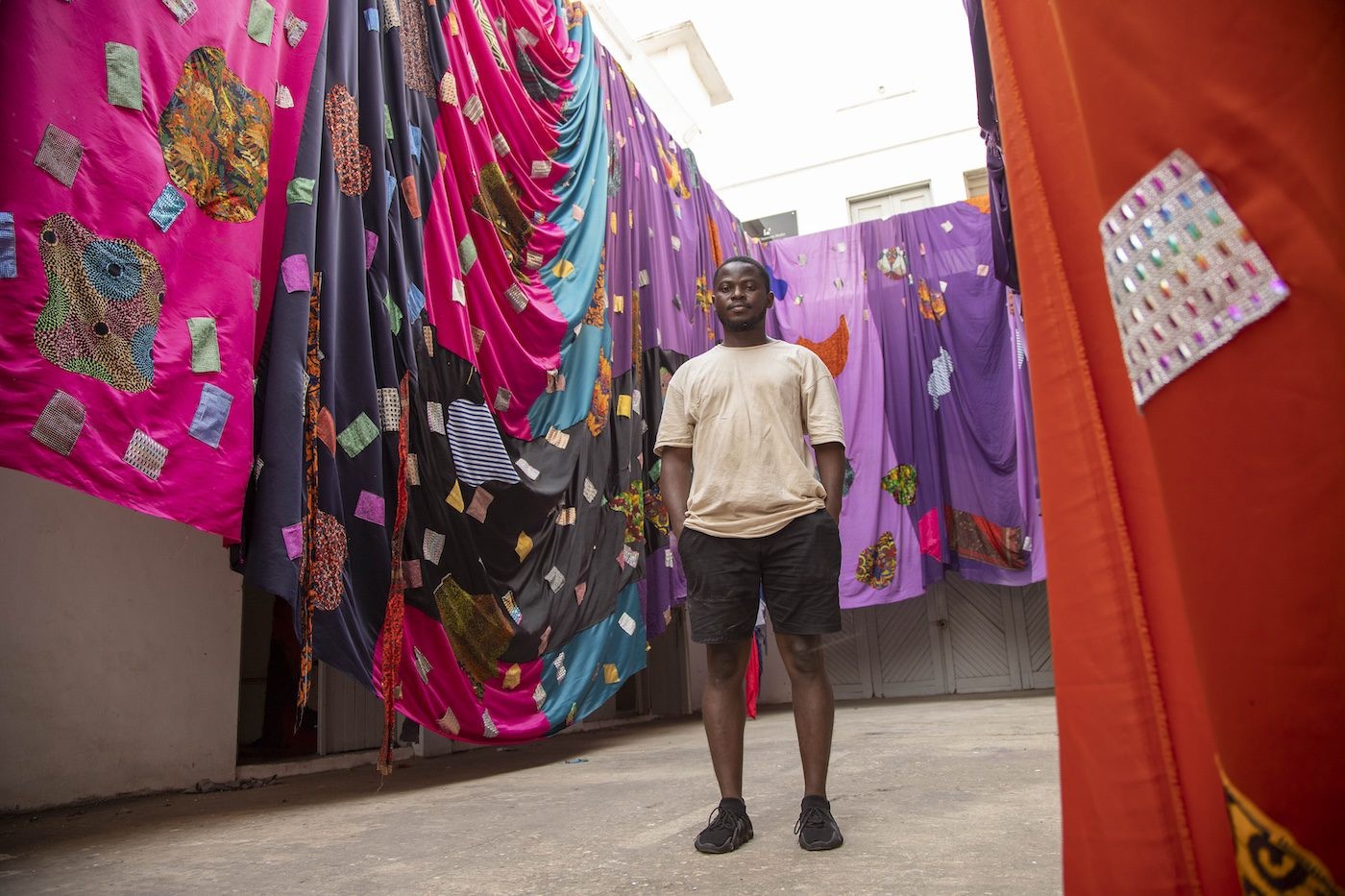
Emmanuel Aggrey Tieku, lauréat du Prix ellipse 2025 consacré à la scène artistique émergente du Ghana
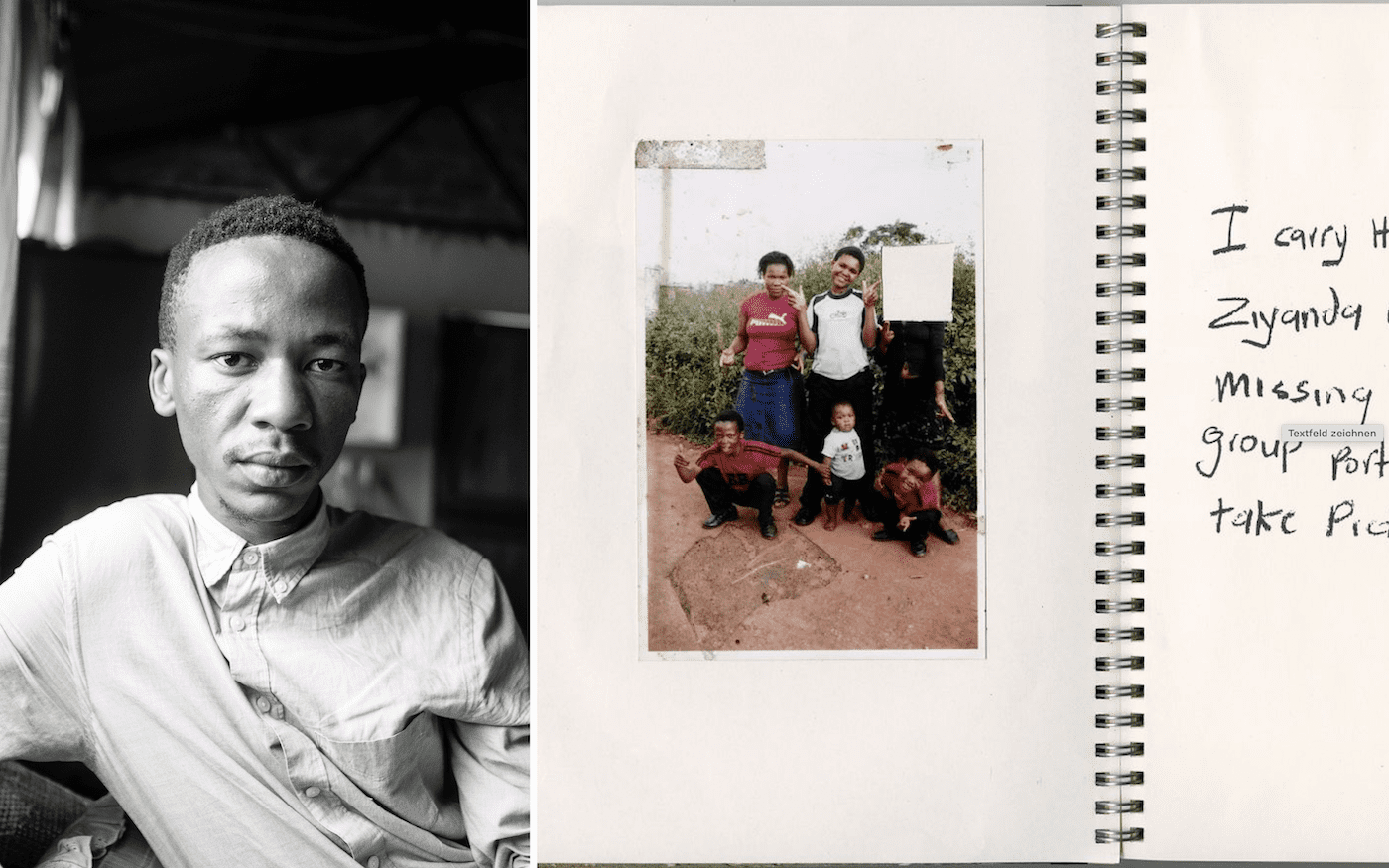
Lindokuhle Sobekwa remporte le prix Deutsche Börse Photography Foundation 2025
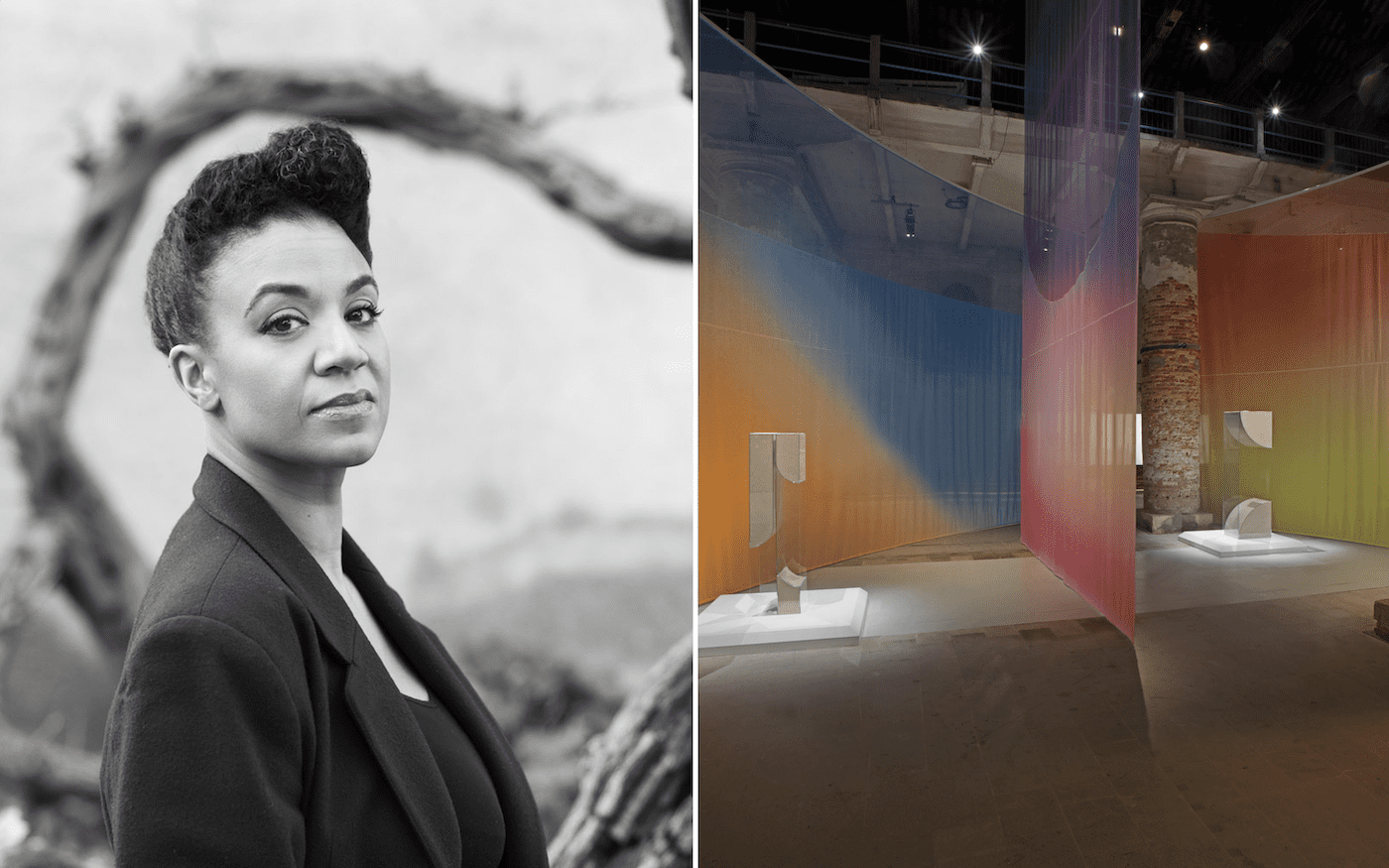
Kapwani Kiwanga remporte le Prix Joan Miró 2025
Plus d'articles de
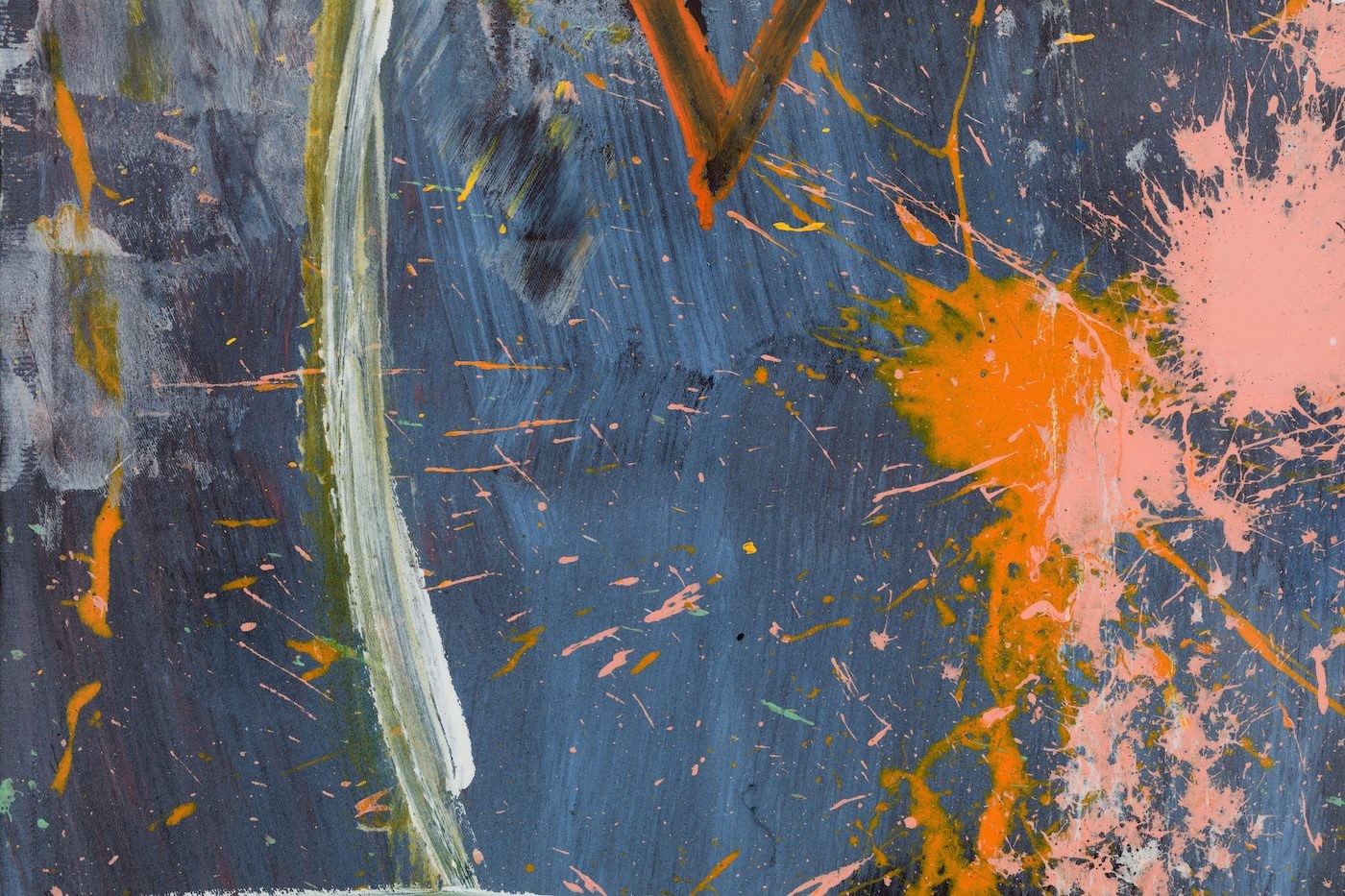
Samson Mnisi: A Master Posthumously Receives His Due
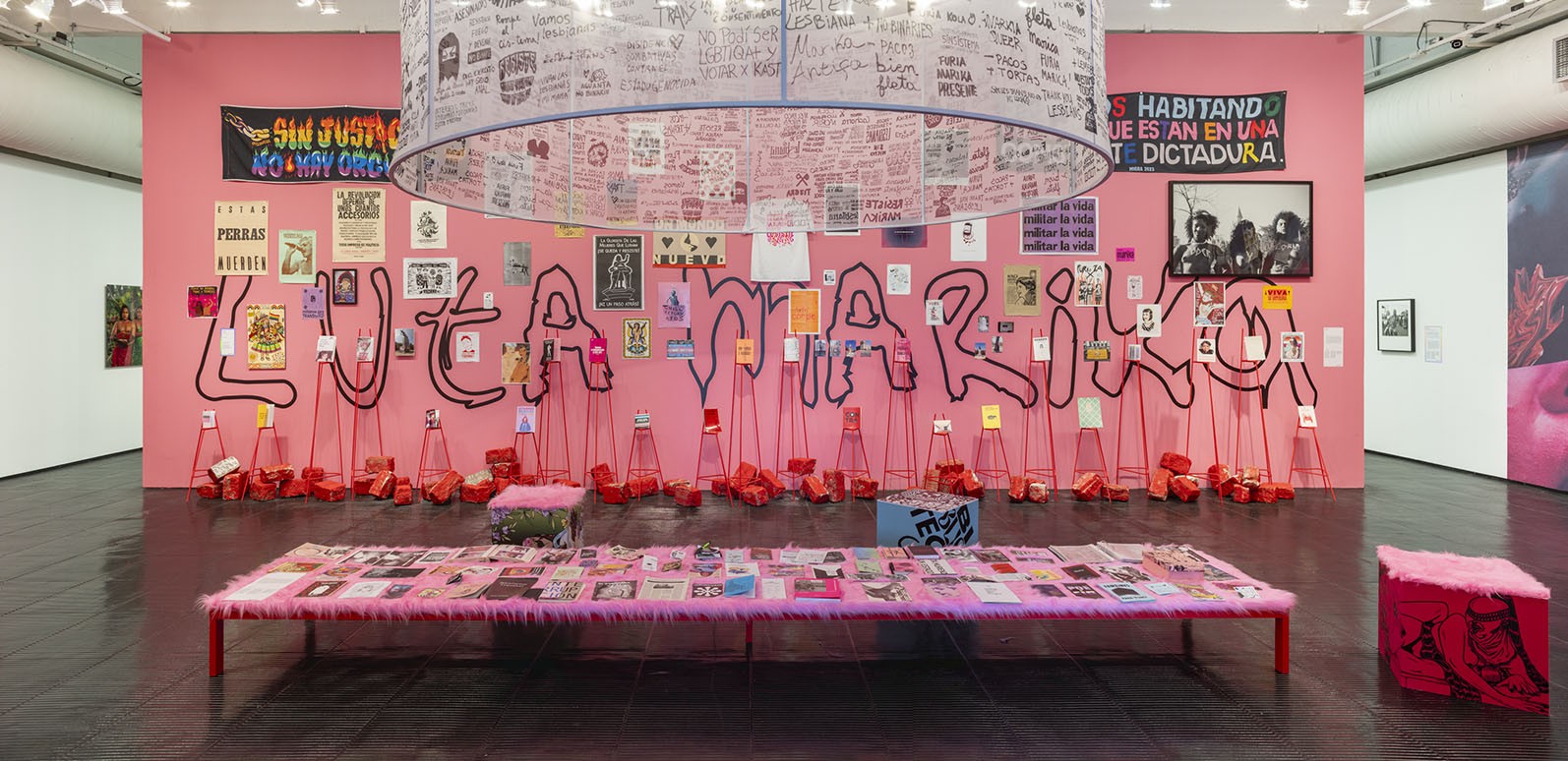
LGBTQIA+ Diversity Stories
